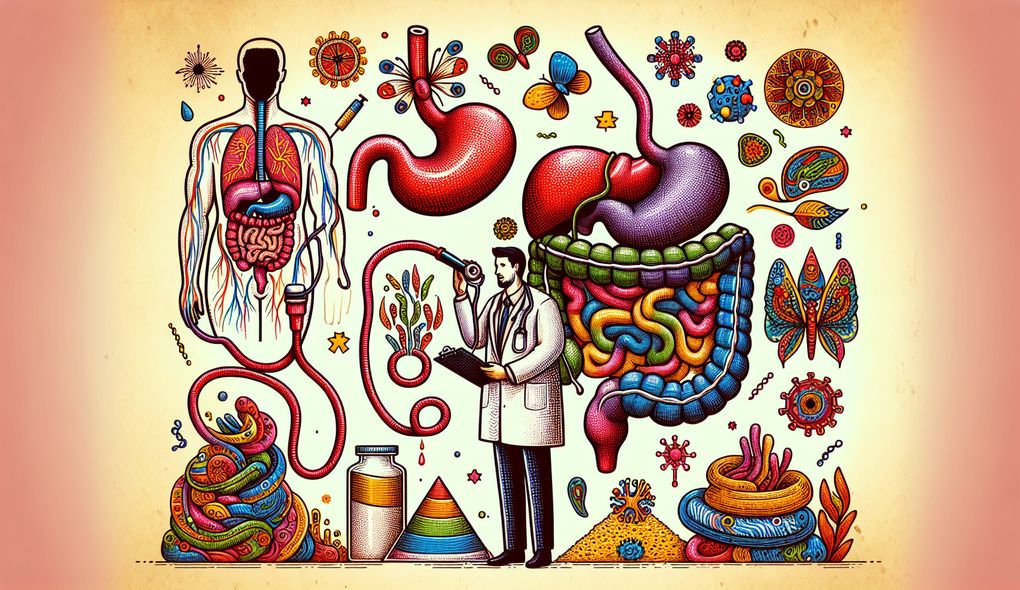Do you have Basic Life Support (BLS) and/or Advanced Cardiovascular Life Support (ACLS) certification?
JUNIOR LEVEL

Sample answer to the question:
Yes, I have both Basic Life Support (BLS) and Advanced Cardiovascular Life Support (ACLS) certifications. I obtained these certifications during my residency in internal medicine. Having these certifications allows me to provide immediate care to patients in emergency situations and handle cardiac arrest cases. I am confident in my ability to perform life-saving techniques like CPR, and I am familiar with the use of defibrillators and other emergency equipment. I prioritize patient safety and am dedicated to staying updated on the latest advancements in emergency medical care.
Here is a more solid answer:
Absolutely! I have both Basic Life Support (BLS) and Advanced Cardiovascular Life Support (ACLS) certifications. These certifications are essential in my field as a Gastroenterologist because they equip me with the knowledge and skills to handle emergency situations, especially those involving cardiac arrest. With my BLS certification, I am trained in basic life-saving techniques like CPR and the use of an automated external defibrillator (AED). My ACLS certification allows me to perform advanced cardiac life support techniques, such as administering medications and managing complex resuscitation scenarios. These certifications demonstrate my commitment to providing the highest level of patient care, as I am prepared to respond effectively in critical situations. Additionally, having these certifications helps me communicate and collaborate with other healthcare professionals in emergency response situations, ensuring coordinated and efficient care for patients in need.
Why is this a more solid answer?
The solid answer provides more detail about the certifications and their relevance to the candidate's role as a Gastroenterologist. It mentions specific techniques and skills associated with BLS and ACLS, as well as how these certifications contribute to effective communication and teamwork in emergency situations. However, it could still be improved by emphasizing the candidate's proficiency in performing endoscopic procedures and tying the importance of BLS and ACLS certifications to their diagnostic and therapeutic responsibilities.
An example of a exceptional answer:
Absolutely! As a Junior Gastroenterologist with a strong foundation in internal medicine, I hold both Basic Life Support (BLS) and Advanced Cardiovascular Life Support (ACLS) certifications. These certifications are not only requirements for the position, but they are also vital in ensuring the safety and well-being of my patients. With my BLS certification, I am equipped with the skills and knowledge to respond promptly and effectively in emergency situations, providing immediate life-saving interventions like CPR and defibrillation. My ACLS certification further enhances my ability to handle complex resuscitation scenarios, administer advanced medications, and lead a team in critical moments. Through my experience in residency, I have honed my communication and interpersonal skills, allowing me to seamlessly collaborate with other healthcare professionals during high-intensity emergencies. By maintaining these certifications, I stay up-to-date with the latest advancements in emergency medical care, ensuring that I can provide the best possible care to my patients. These certifications are a testament to my dedication to patient safety and my commitment to delivering exceptional healthcare services.
Why is this an exceptional answer?
The exceptional answer goes above and beyond by highlighting the candidate's expertise in internal medicine and linking the importance of BLS and ACLS certifications to patient safety and the delivery of exceptional healthcare services. It also emphasizes the candidate's ability to lead a team during critical moments, which aligns with the job description's requirement for strong diagnostic and problem-solving skills. Additionally, the answer mentions the candidate's commitment to staying up-to-date with advancements in emergency medical care to further demonstrate their dedication to professional development.
How to prepare for this question:
- Make sure to have current BLS and ACLS certifications before the interview.
- Review the specific techniques and procedures covered in BLS and ACLS training to confidently discuss your proficiency.
- Think of examples from your experience where your BLS and ACLS certifications were beneficial in providing quality patient care.
- Consider how these certifications contribute to effective communication and collaboration within a healthcare team during emergency situations.
- Stay informed about the latest advancements in emergency medical care and be prepared to discuss how you prioritize professional development in this area.
What are interviewers evaluating with this question?
- Communication and interpersonal skills
- Ability to work both independently and as part of a team

